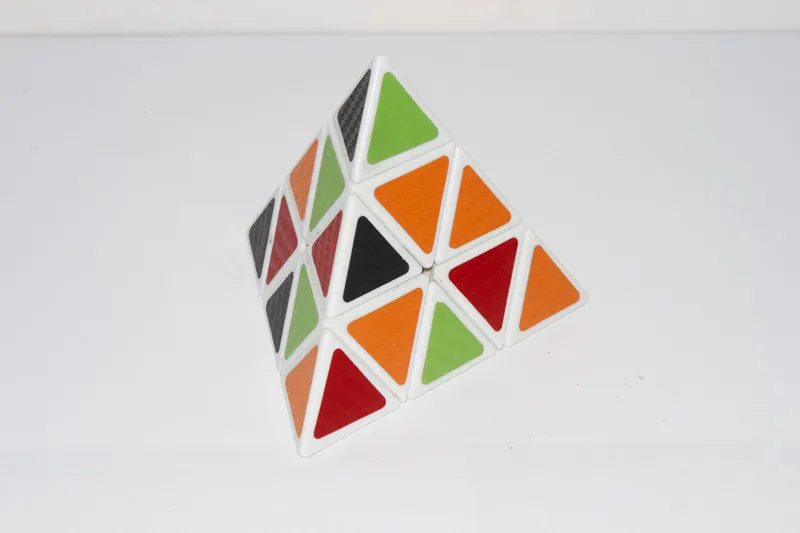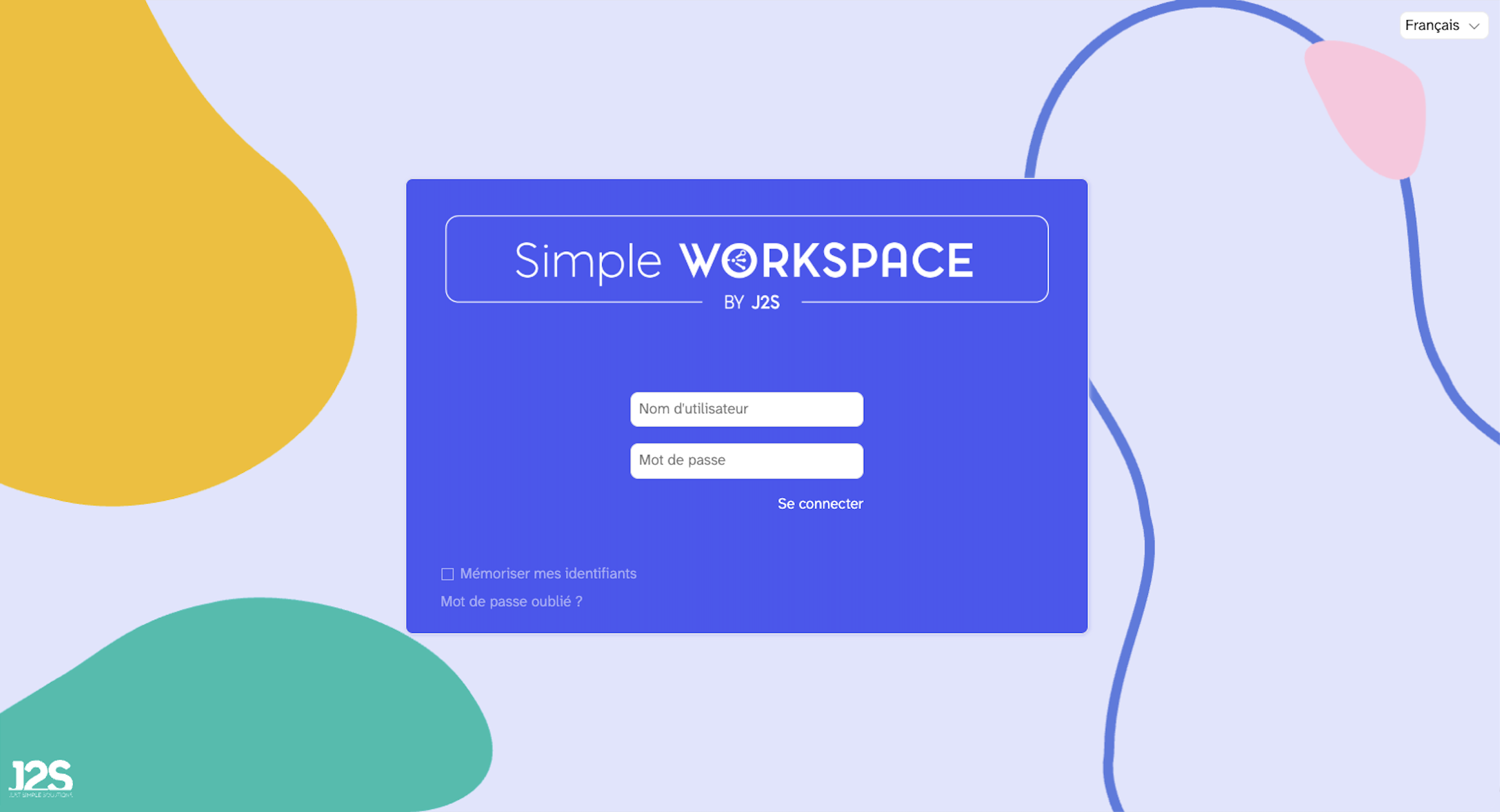Before Simple Workspace existed, we had developed a number of components that served as the basis for the solutions we developed for our customers. Layout automation was already an issue and the J2S Layout Toolbox family was used for these purposes. Other components completed it. But assembling these bricks was manual. The process made it possible to address various problems, however, even if the bricks were generic, the cement used to bind them was specific. This led to difficulties: the need to call upon development to finalize, the non-compressible manufacturing time, the complexity of maintenance over time, etc.
However, this phase had a major advantage: it allowed us to identify the pains we wanted to address for our customers. We could project ourselves towards another paradigm.
It was in this context that Simple Workspace was born. The objective was to respond to the same issues without doing any development, only with configuration. We could then use the same standard software to respond to different problems while going faster.
As a result of this need for versatility, multi has been part of Simple Workspace‘s DNA since day one.
Multi-projects
Let’s go back to the beginning.
Simple Workspace is a portal that simplifies production. It could be making catalogs, entering product sheets, or automatically generating textbooks.
Our solution supports as many projects as needed. And users can organize them as easily as they organize their files on their home computer.

In fact, when we were developing Simple Workspace, we represented it as a tree. In our schemes, the branches carried the structure of the projects.
Multi-applications
Once users have located the project they want to work on, they open applications. These are the ones that allow them to operate.
And, from the start, we wanted Simple Workspace to be a portal that could host any application. Whether they are shared by a number of users like Simple Brief – the Flatplan – or Simple MOM – the offer database – or whether they are specific, developed to meet a particular need.
Thus, our tree is filled with leaves.

Multi-data
We have to feed the leaves of our tree, don’t we?
Simple Workspace‘s multi-data capabilities are at their best with data.
Far from monolithic applications that only allow you to manage one database at a time, in Simple Workspace you can create as many as you want (as many DAMs, PIMs, etc. as you want). Inheritance and alias notions allow you to easily share databases between several projects.
Even better, within a database, it is possible to use a filtering mechanism that makes what users see dynamic depending on the context (the current catalog, rights, etc.).
Multi-stream
Your tree is not alone!

Simple Workspace is able to collect data from as many streams as needed. Better still, it can automatically aggregate them: the technical characteristics flow can feed a database of offers, but it can be completed by a flow dedicated to prices. And these flows can take different paths: why not transfer JSON files for the characteristics, and, at the same time, application messaging for the prices?
Of course, the same principle applies when Simple Workspace has to make available what it has built.
Multi-user
Finally, because at the end of the day, it’s people who use the software, you have to make sure that it’s easy to use.
Everywhere, the settings make it possible to define what should be seen by one group and not another. The rights automatically discard what is unnecessary. And views can be adapted to the context: a translator does not use the same tools as a photographer.
Simple Workspace knows how to bridge the gap between numerous, untrainable users, such as universe managers at the point of sale, and users for whom Simple Workspace is the main production tool.
And yes, even if it’s the same tree for everyone, not everyone sees it the same way.
Interested in learning more, or in a live demonstration? Contact us : we will be happy to help you.

JY. Jourdain
Cofounder of J2S











